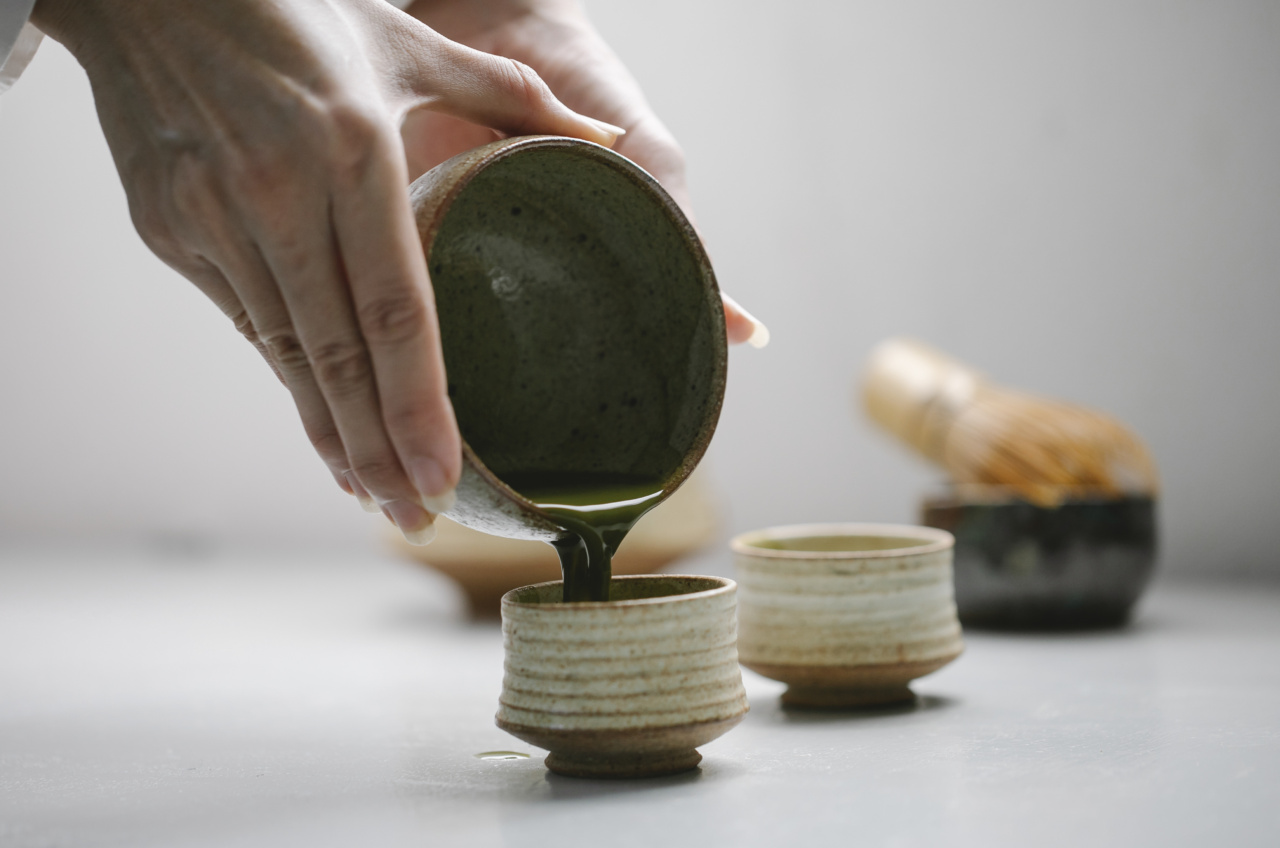Tea is renowned for its beneficial health properties, primarily due to its high antioxidant content. Antioxidants help protect the body against free radicals and oxidative stress, which can potentially lead to chronic diseases.
However, certain foods have been found to affect tea’s antioxidant properties, either enhancing or diminishing its beneficial effects. This article aims to explore the interactions between various foods and tea’s antioxidant properties.
1. Citrus Fruits
Citrus fruits such as oranges, lemons, and grapefruits contain high levels of vitamin C, which is a potent antioxidant. When consumed alongside tea, these fruits can enhance the tea’s antioxidant properties.
Vitamin C helps stabilize and regenerate other antioxidants, such as catechins found in tea, making them more effective in neutralizing free radicals.
2. Berries
Berries, including blueberries, strawberries, and raspberries, are rich in anthocyanins and other antioxidants. When consumed with tea, berries can further boost its antioxidant capacity.
The combination of tea and berries creates a powerful synergy, providing a wide range of antioxidants that work together to combat oxidative stress.
3. Nuts
Nuts, such as almonds, walnuts, and pistachios, are packed with antioxidants, including vitamin E and selenium. When paired with tea, nuts can enhance its antioxidant properties.
These antioxidants help neutralize free radicals and reduce oxidative damage to cells and tissues.
4. Spices
Certain spices have remarkable antioxidant properties and can potentially amplify tea’s antioxidant effects. Turmeric, cinnamon, and ginger are examples of spices rich in antioxidants.
When incorporated into tea, these spices not only enhance the flavor but also contribute to increasing its overall antioxidant content.
5. Dark Chocolate
Dark chocolate is known for its high cocoa content, which is a rich source of antioxidants, particularly flavonoids. When consumed alongside tea, dark chocolate can complement and enhance its antioxidant properties.
However, it’s important to select dark chocolate with a high cocoa percentage to maximize the benefits.
6. Dairy Products
The addition of milk or cream to tea may affect its antioxidant properties. Some studies have suggested that the proteins in milk can bind to tea catechins, reducing their availability for absorption.
However, further research is required to fully understand the impact of dairy products on tea’s antioxidant benefits.
7. Sugar and Sweeteners
Adding excessive amounts of sugar or sweeteners to tea may diminish its antioxidant properties. High sugar consumption can lead to oxidative stress in the body, counteracting the potential benefits provided by tea’s antioxidants.
Limiting sugar or opting for natural sweeteners, such as honey or stevia, is advised to maximize the health benefits of tea.
8. High-Fat Foods
Consuming high-fat foods, such as fried foods or fatty meats, alongside tea may negatively impact its antioxidant properties. High-fat diets have been associated with increased oxidative stress in the body.
It’s recommended to maintain a balanced diet and avoid excessive intake of unhealthy fats when consuming tea for its antioxidant benefits.
9. Alcohol
Excessive alcohol consumption can lead to increased oxidative stress and the generation of free radicals in the body.
While tea is known for its antioxidant properties, the consumption of alcohol alongside tea may potentially counteract its beneficial effects. Moderate alcohol intake is recommended to avoid interference with tea’s antioxidants.
10. Pesticide Residues in Food
Pesticide residues in food can potentially affect tea’s antioxidant properties. Some pesticides can have adverse effects on the body’s antioxidant defense systems.
Therefore, it is advisable to opt for organic or pesticide-free foods to minimize the potential negative impacts on the overall antioxidant content of tea.































